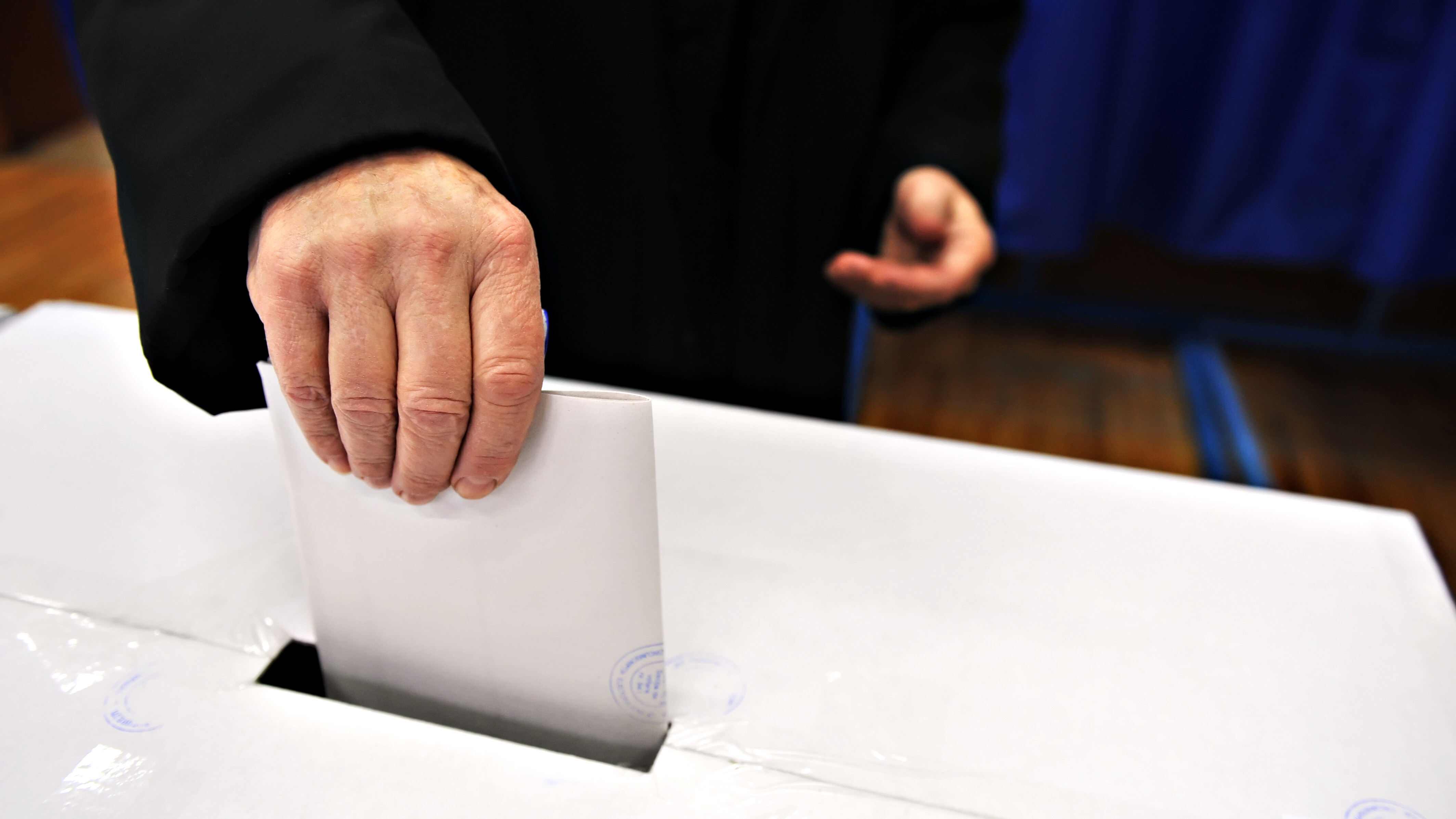Latin America's Major Economies Face Elections
Colombia's second round ballot is just the beginning of election season for three of Latin America's most important economies. We investigate the impact for investors...

Colombia
The first round of Colombia’s presidential elections saw centre-right candidate Iván Duque take 39% of the vote, pushing former leftist guerilla, Gustavo Petro into second place with 26%. The second round takes place on June the 17th, with Duque a firm favourite. If he wins investors can expect reductions in government spending and tax cuts for the business sector in a bid to boost slowing domestic economic growth. Petro, a former mayor of Bogota, is would implement socially progressive policies that are likely to add to government expenditure. However, while Duque may seem the natural business choice – indeed he is for local companies – international investors may prefer Petro’s seeming greater commitment to the peace deal with the Farc (Revolutionary Armed Forces of Colombia).
The growing division on the Farc peace deal could eventually erode the consensus that has powered Colombia’s economic consensus over the last decade.
Mexico
On the first of July Mexicans will head to the ballot boxes in a potentially historic election. With more than 3,000 positions to be elected, including president, 128 senators, 500 deputies, and nine governors, the face of Mexican politics could be set for a dramatic makeover. This could mark a sharp change in economic policy and relations with the US.
Widespread disapproval of Mexico’s incumbent President Peña Nieto, as well as growing disillusionment with democracy and a rise in corruption and violence have made fertile ground for the leftist populism of frontrunner Andrés Manuel López Obrador, who dominates opinion polls. His promises of cutting government expenditure and funnelling the extra funds into social welfare programmes are hugely popular with the country’s disenchanted public, while his proposed policies for the eradication of public debt and support for protecting the autonomy of Mexico’s central bank have assuaged middle class concerns.
"Investors will closely be watching the impact of the election result on Mexico’s historic 2014 energy reform…"
He will go up against PRI candidate José Antonio Meade Kuribreña, endorsed by Peña Nieto, under whom he previously served as finance minister. Unlike other officials from his party, Meade has not been implicated in corruption, and his emphasis on economic and political stability stands in contrast with Lopez Obrador’s potential to undertake major economic and political changes. PAN member Ricardo Anaya will also run for the presidency for the Por Mexico al Frente coalition, which brings together the right-wing PAN with the left-wing PRD. Despite the parties’ success in forging alliances at the state level to inflict defeats on the PRI, it is the first time they have stood together in a presidential election. Disagreements surrounding the selection process have fractured support for Anaya, leading to some support moving to Meade.
Investors will closely be watching the impact of the election result on Mexico’s historic 2014 energy reform. Lopez Obrador’s initial vehement criticism of the reform lessoned as the campaign progressed. Additionally, the result could affect the ongoing NAFTA renegotiations. While a Meade or Anaya victory would be unlikely to lead to change in Mexico’s stance in negotiations, Obrador is likely to bring a more combative stance to discussions with Washington.
Brazil
Backlash against corruption is a trend palpable throughout Latin America, but perhaps nowhere more so than in Brazil, where it will play an important role in the upcoming presidential elections, set for October. The country is still being impacted by the Odebrecht scandal, which saw corruption fine payouts totalling $3.5 billion, the largest of any private company in history. The implication of numerous high-ranking politicians in the bribery and corruption scandal has resulted in a backlash against the political establishment, giving outsiders a shot at the presidency in 2018. The thirst for change is compounded by Brazilians’ disapproval of their current president, Michel Temer, whose approval ratings languish below 10%.
Previous Brazilian president and leftist Lula da Silva, who governed from 2003-2011, was originally favourite to win 2018’s election. Falling inequality and robust economic growth during his tenure won him widespread popularity. However, any ambitions of another stint in office were jeopardised in April 2018 when he was imprisoned on corruption and money laundering chargers following failed appeals to overturn the charges.
"The outcome of Brazil’s election remains highly uncertain…"
His arrest has thrown the election wide open as not all of his supporters are getting behind the alternative left-wing candidates. Instead, there has been a noticeable uptick in support for right-wing populist Jair Bolsonaro, of the Partido Social Cristao, which is linked to Brazil's evangelical movement. With his tough stance on crime, Bolsonaro goes up against environmentalist and Lula’s former environmental minister, Marina Silva, whose focus on increasing transparency is proving popular given Brazil’s high levels of corruption.
The outcome of Brazil’s election remains highly uncertain. However, one thing is certain; whoever wins in October is tasked with reviving a weak economy and maintaining the momentum of structural reforms initiated by Temer. In 2017 Brazil’s GDP grew around 1% following two years of recession, and is forecast to increase to 3% in 2018, according to estimates from the country’s central bank. Unemployment is at its highest level in the past twenty years, with 12.6 million Brazilian’s currently out of work.
Common thread
Despite the possibility of political upheavals this year, and the differing social, economic and political contexts of the countries going to the polls, common themes can be identified across the Latin American region. The continuity of historic reforms hangs in the balance, swings to the left or right are likely and voters must choose between known political actors or new protagonists. On top of this, a surge in populism is taking place in a year which will transform the region’s internal political dynamics, as well as its relationship with the rest of the world.